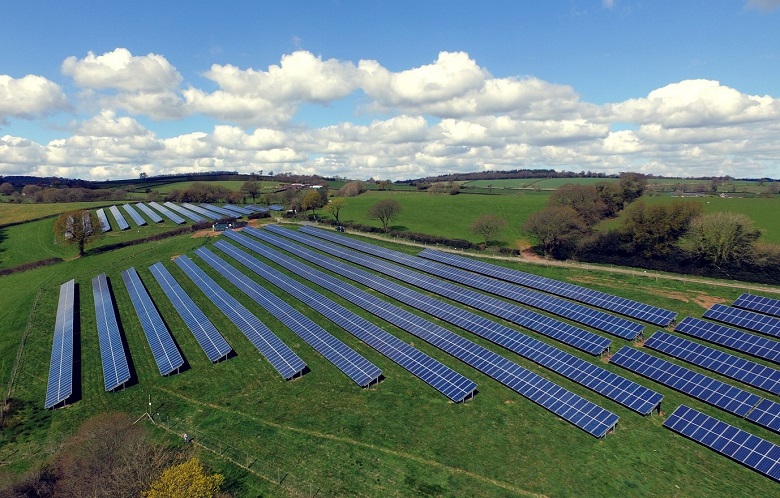Let’s skip 15 years to imagine what the future of energy supply looks like. Unsurprisingly, no-one is waiting on hold to talk to their energy supplier.
Because no-one wants to talk to their energy supplier. They have better things to do. Instead, they send a message via Facebook Messenger and get on with their day. Of course, you could already do that today.
Using fossil fuels to power our daily lives has become one of those things that is hard to believe we ever thought was okay, like drink driving or smoking while pregnant.
And, thankfully, no-one finds themselves in the freezing cold, or on tip-toes in the hallway, struggling to read the numbers on a meter, because smart meters have become much more than just the kilowatt equivalent of bean counters.
They’re now hubs more akin to traffic controllers, ensuring the most efficient use of energy throughout home and office by liaising with smart devices, local renewable generation – such as rooftop solar or community wind – and storage such as wall mounted batteries or electric vehicles.
They both draw and push power into the distribution networks as needed, and their networked, API-driven nature means peaks are smoothed and managed, both on the supply and demand sides.
So, what kind of businesses survived the upheaval, and actually helped deliver these changes to the energy industry? Was it the Big 6 dinosaurs, with their fossil fuel power plants, legions of meter readers, and enormous call centres? We don’t think so either. We believe the future of energy requires a new breed of supplier, one built from the ground up for the challenges of tomorrow.
What does it take to create the energy company of the future?

Energy is not a simple market to compete in. Wholesale energy prices fluctuate on a half-hourly basis, and sharply rising energy costs have already taken out one poorly exposed energy supplier this year. That’s why sound backing is essential for any supplier looking to make a dent in the UK market.
But success throughout the years ahead will require more than just sound backing – it will require commitment and passion for generating energy as it should be generated: sustainably.
Octopus is the UK’s largest investor in solar generation, with over £2 billion invested in renewable energy generation in general. There are only two companies who can claim more investment in renewable generation in Britain – both of which are Big 6 energy suppliers whose renewable investments are dwarfed by their investment in and commitment to fossil fuels.
Much of the technology in the energy industry today is version 1.0. It’s cumbersome, proprietary software that’s built to manage the system as it has worked up until now. It does not play well with others. It is completely unprepared for the disruption and the data that tomorrow will bring.
That’s why we’re building our own. It’s designed at a fundamental level to work with the precision and immediacy of real-time data in a smart meter world. So while legacy systems might struggle with one meter reading roughly every six months, ours will truly start to shine once we start receiving half hourly – or preferably more frequent – usage from smart meters.
Today it may seem that the idea of your energy account interacting with smart devices in your home, or using locational data from your smartphone, or working together with your neighbours’ accounts to conserve energy is a long way off. But that’s simply because the traditional approach to technology in energy has been to build great walled gardens that kept ‘competitors’ out, and kept customers locked in.
In contrast, the tech start-ups that are creating today’s most popular modern services realise the way to create sustainable innovation is to open your platform up with an ‘Application Programming Interface’ (API). We believe that by allowing customers, developers, and other businesses to access and use real-time energy data will lead to far greater transparency and innovation than we’ve seen in the industry for a very long time.
This API-driven innovation is essential to transforming the grid from the one-way fossil fuel firehose of yesterday into the smart, demand-managing, push-and-pull network of tomorrow.
Already clever innovations such as Reactive Technologies (an Octopus backed start-up) are using networked technology to better manage the energy demands of large businesses in smarter, more efficient ways.
The future of energy is already arriving. To our minds, 2031 can’t come soon enough.


